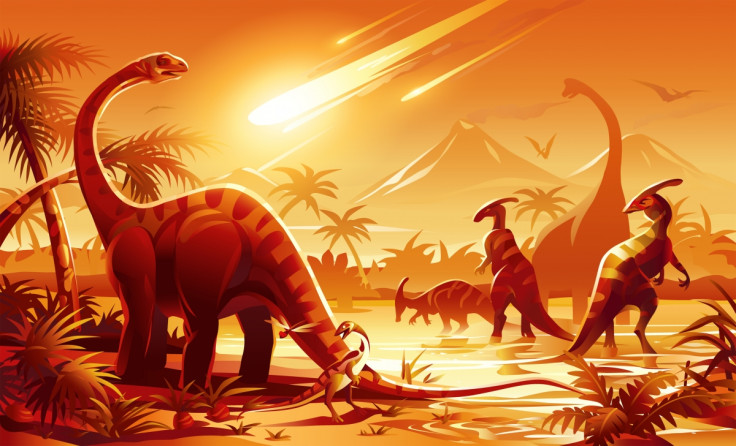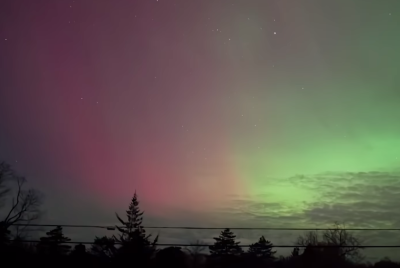Massive ancient Colorado earthquake linked to asteroid impact that killed dinosaurs
Scientists have discovered evidence of fault displacement linked to the end-Cretaceous asteroid impact.
In Colorado's Trinidad Lakes State Park, scientists have found evidence of fault displacement linked to the end-Cretaceous asteroid impact near the Yucatan Peninsula – an event which is thought to have accelerated the extinction of the dinosaurs.
The team, led by Norm Sleep from Stanford University, believes that this impact 65 million years ago may have generated extreme seismic waves larger than those normally produced by earthquakes.
The extreme shaking might have induced earthquakes as far as Colorado and caused important ground damage.
Magnitude 6 earthquake
Working at well-known rock outcrops in the park, the researchers looked for signs of these ancient earthquakes provoked by the impact.
They identified evidence for the fault in two areas at the Colorado site, where a layer of iridium marking the boundary between Cretaceous and Tertiary-age rocks.
Sleep says: "There is a fault that slipped about a meter at the time of the impact it offset the material below the impact layer but not above, but it's not something that would be obvious to the casual observer."

The complete findings, which will be presented at the 2017 Seismological Society of America annual meeting later this month, suggest that the earthquake that occurred in Colorado as a result of the end-Cretaceous asteroid strike would have been a magnitude 6 quake. The impact could have generated ground velocities of a meter or two per second.
"Very strong seismic waves from the impact – much larger than would be generated by a regular earthquake – would be necessary to trigger an earthquake in this location, in the middle of a tectonic plate with no previous faults", Sleep points out.
More research is planned in the summer in New Mexico, in an attempt to find more signs of these earthquakes linked to the Cretaceous–Tertiary extinction.

© Copyright IBTimes 2025. All rights reserved.





















